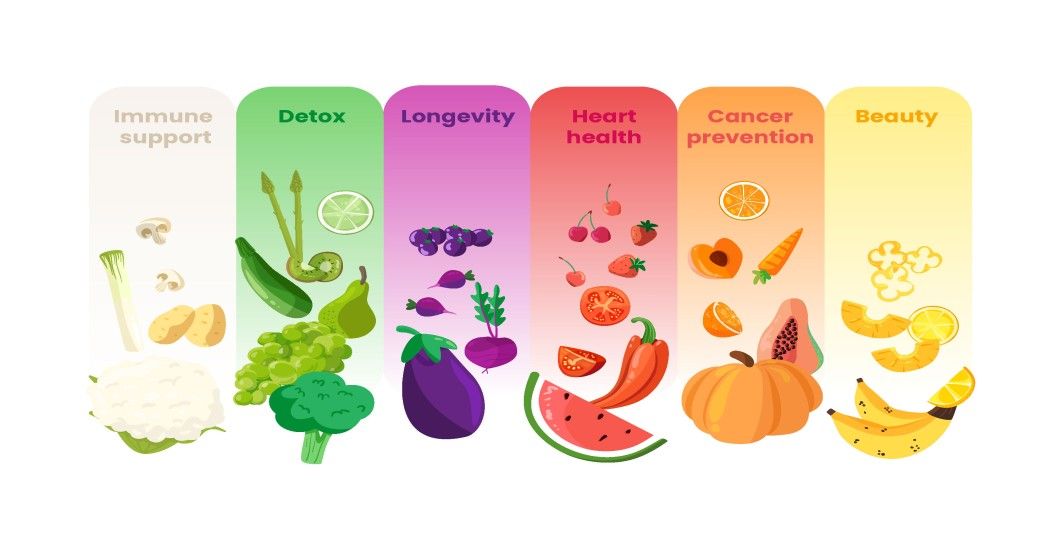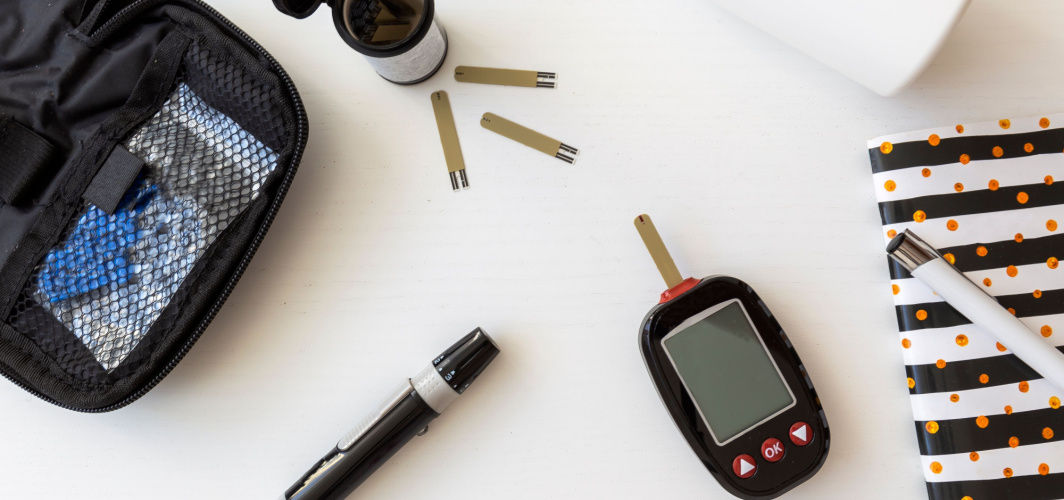Diabetes Management
Best Tips for Managing Diabetes with Food Allergies
2 min read
By Apollo 24|7, Published on - 02 September 2024
Share this article
0
0 like
.jpg?tr=q-80)
When it comes to managing diabetes, the importance of a healthy diet cannot be overstated. But what if you also have food allergies? The dual challenge might seem overwhelming, but with some careful planning and smart strategies, it is entirely feasible. Here are some tips to manage both conditions effectively and maintain your well-being.
Teaming Up with Your Doctors
The journey of managing diabetes alongside food allergies becomes less strenuous when you have a solid support team. Regularly engaging with your endocrinologist, dietitian, and other doctors is vital. They can help craft a meal plan that caters to your dietary restrictions while effectively managing your diabetes.
Identifying and Avoiding Allergens
Determining which foods trigger allergic reactions is crucial in this journey. Keeping a detailed food diary could be of great help. Paying meticulous attention to food labels ensures that allergy-inducing foods are avoided.
Choosing Nutrient-rich Foods
Including non-allergenic, whole foods such as fresh fruits, vegetables, lean proteins, and whole grains in your diet helps manage blood sugar levels effectively. These nutrient-dense options can provide a balanced diet without provoking allergies.
Exploring Alternate Protein Sources
Common proteins like dairy or soy might trigger allergies in some individuals. Exploring alternative protein sources like poultry, fish, eggs, nuts like walnuts, almonds, etc., seeds, or legumes could be beneficial in these cases.
Exercising Caution with Packaged Foods
Processed foods may contain hidden allergens or ingredients that affect blood sugar levels. Preparing meals at home using fresh ingredients negates this risk.
Addressing Micronutrient Deficiencies
Food allergies may lead to nutrient deficiencies. Ensuring adequate intake of crucial vitamins and minerals like vitamin D, magnesium, Iron and zinc is important. Working with your dietitian can provide necessary guidance on this front.
Hydration and Supplement Considerations
Staying well-hydrated not only helps regulate blood sugar levels but also supports overall health. Supplements might be useful but also have the potential to interact with diabetes medications or worsen food allergies. Therefore, they should be considered on advice by your doctor.
Managing diabetes with food allergies can be challenging but not impossible. It requires careful planning and support from a medical team. Initiatives like the Apollo Super 6 programme can provide the necessary guidance and tools to help navigate these conditions effectively.
Diabetes Management
Consult Top Diabetologists
View AllLeave Comment
Recommended for you

Diabetes Management
Adding Vibrant Colours to Your Plate: Diabetic-Friendly Holi Guide
In the spirit of the colourful festival Holi, adding a variety of vibrant fruits and vegetables to your meals can enhance nutritional diversity. From red strawberries and orange carrots to green broccoli and blueberries, these foods provide essential vitamins, antioxidants, and phytonutrients that can promote overall health and help with diabetes self-management.
.jpg?tr=q-80)
Diabetes Management
How to Create a Diabetes-Friendly Pasta Dish?
Creating a diabetes-friendly pasta dish is easier than you think! Choose whole grain pasta, lean proteins like chicken or paneer, and add plenty of non-starchy veggies. The key lies in portion control and increasing fibre content for better blood sugar regulation. For expert guidance on managing diabetes through lifestyle changes, consider enrolling in the Apollo Super 6 programme.

Diabetes Management
A Step-By-Step Guide To Using A Glucometer
Regular blood sugar monitoring is crucial for effective diabetes management. Glucometers provide convenient at-home monitoring. Gather supplies: soap/alcohol prep pads, test strips, lancing device with lancet, and a notepad/smartphone app. Follow steps: clean hands, turn on glucometer, prick fingertip, apply blood to strip, stop bleeding, record results.
Subscribe
Sign up for our free Health Library Daily Newsletter
Get doctor-approved health tips, news, and more.
Visual Stories

8 Fruits That are Incredibly Healthy for Diabetes
Tap to continue exploring
Recommended for you

Diabetes Management
Adding Vibrant Colours to Your Plate: Diabetic-Friendly Holi Guide
In the spirit of the colourful festival Holi, adding a variety of vibrant fruits and vegetables to your meals can enhance nutritional diversity. From red strawberries and orange carrots to green broccoli and blueberries, these foods provide essential vitamins, antioxidants, and phytonutrients that can promote overall health and help with diabetes self-management.
.jpg?tr=q-80)
Diabetes Management
How to Create a Diabetes-Friendly Pasta Dish?
Creating a diabetes-friendly pasta dish is easier than you think! Choose whole grain pasta, lean proteins like chicken or paneer, and add plenty of non-starchy veggies. The key lies in portion control and increasing fibre content for better blood sugar regulation. For expert guidance on managing diabetes through lifestyle changes, consider enrolling in the Apollo Super 6 programme.

Diabetes Management
A Step-By-Step Guide To Using A Glucometer
Regular blood sugar monitoring is crucial for effective diabetes management. Glucometers provide convenient at-home monitoring. Gather supplies: soap/alcohol prep pads, test strips, lancing device with lancet, and a notepad/smartphone app. Follow steps: clean hands, turn on glucometer, prick fingertip, apply blood to strip, stop bleeding, record results.


